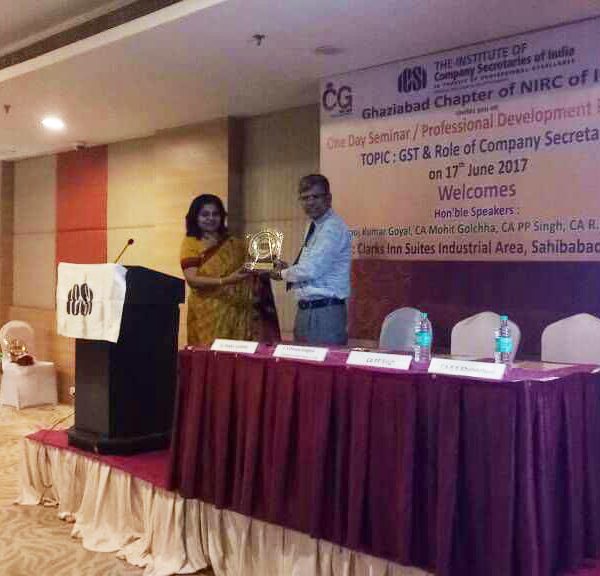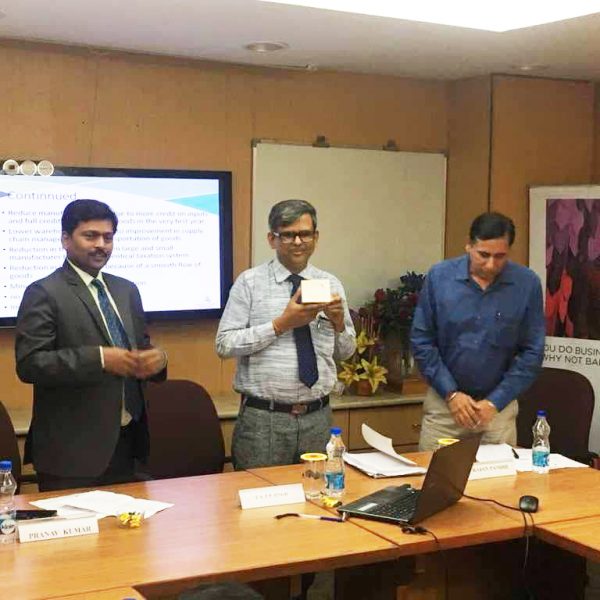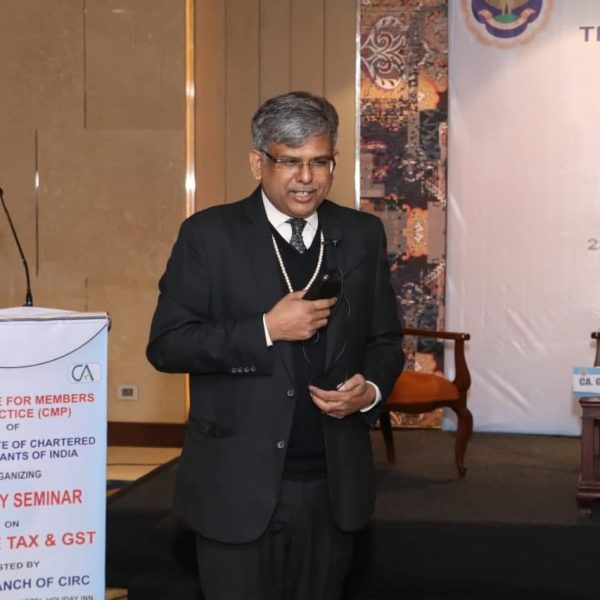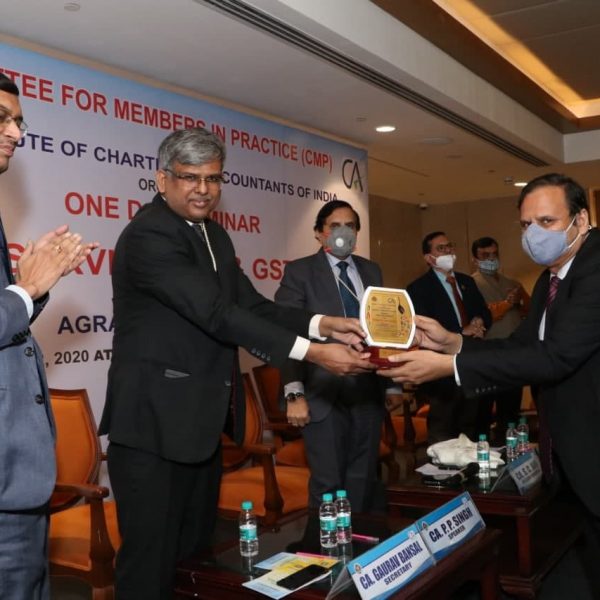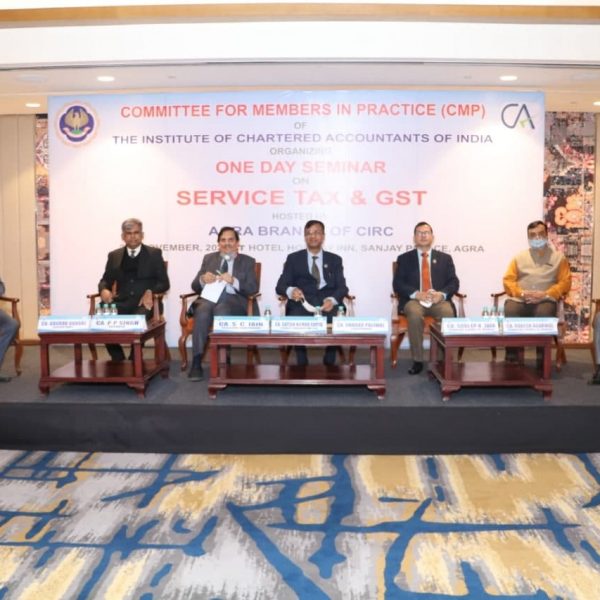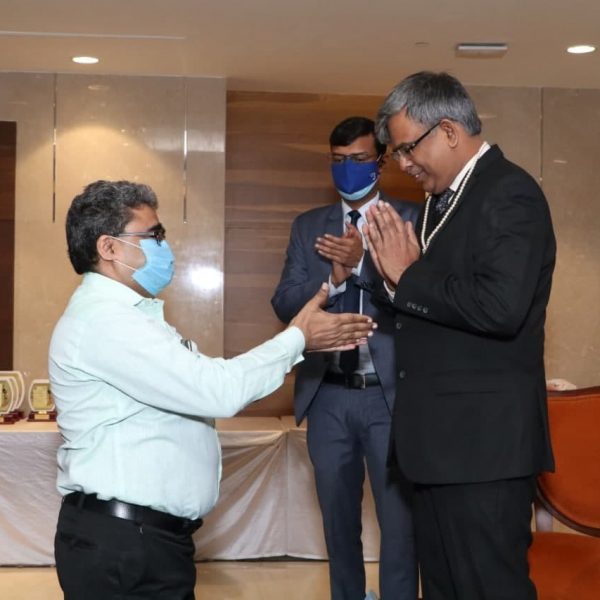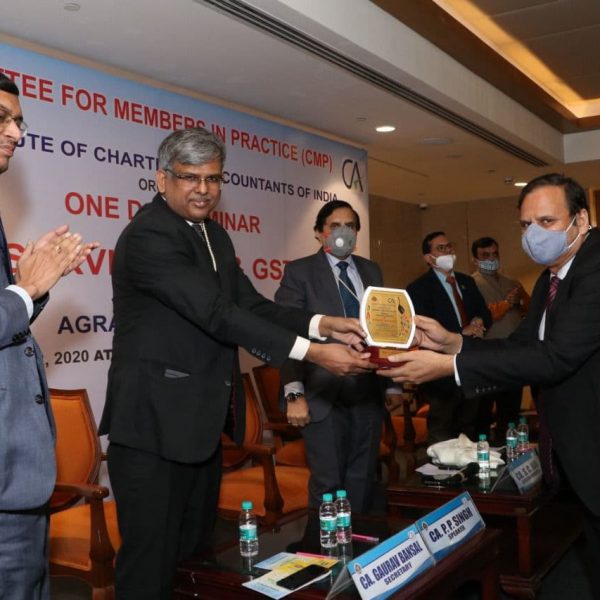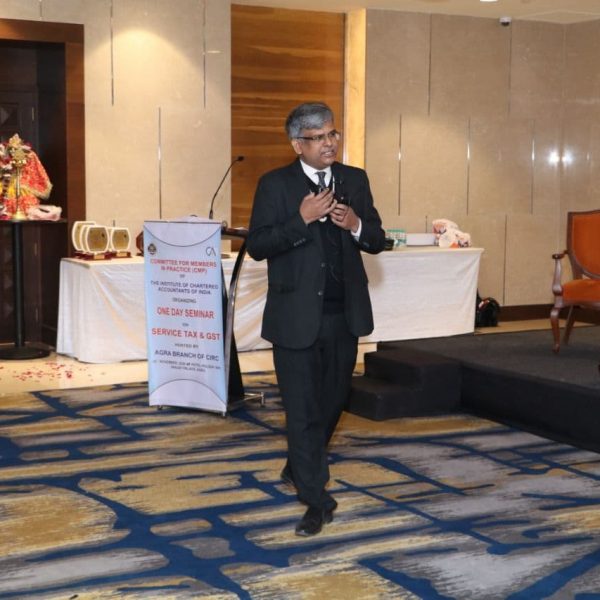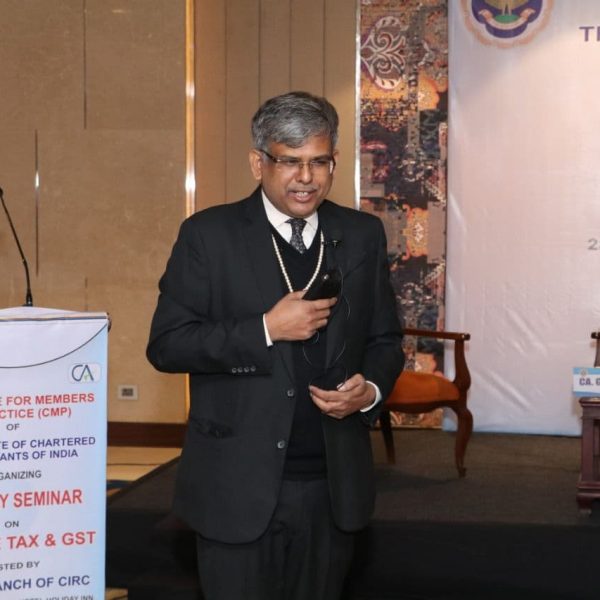Summary of provisions under the ESI Act 1948
Introduction: Based on ESI Act, ESI ( General ) regulations 1950, and instruction rules made important provisions related to ESI are explained hereunder:
Assistance to employees and family members: reasonable medical care and cash benefits in bad times such as injury, sickness, physical disability, death, etc. such benefits to every contributor either as beneficiary or a benefactor.
Applicability: All factories including factories belonging to the Government other than seasonal factories section 1(4)
- As per section 1(5), The appropriate Government may, in consultation with the ESIC ( hereinafter referred to as Corporation) and where the appropriate Government is a State Government, with the approval of the Central Government, extend the provision of this Act or any of them, to any other establishment or class of establishments, industrial, commercial, agriculture or otherwise after giving 1-month’ notice of its intention of so doing by notification in the Official Gazette.
The Central Govt. has extended the coverage under Section 1(5) to Shops, Hotels, Restaurants, Road Motor Transport establishments, Cinema including preview theatres, Newspaper establishments, establishments engaged in Insurance Business, Non-Banking Financial Companies, Port Trust, Airport Authorities, Warehousing establishments employing 20 or more Persons, where Central Govt. is the appropriate Govt.
Delhi government has issued No. X-II/14/1/2002-P&D Dated: 30/03/2011 making applicable to various other establishments wherein 10 or more persons are employed, or were employed, on any day of the preceding 12 months.
- Esi made applicable but later on the number of employees was reduced below the threshold minimum no subsequently: such factory or establishment to which ESI Act applies shall continue to be governed by this Act notwithstanding that the number of persons employed therein at any time falls below the limit specified by or under this Act.[ Section 1(6)]
Exclusion of establishment/factory from applicability:
seasonal factory
factory or establishment belonging to or under the control of the Government whose employees are otherwise in receipt of benefits substantially similar or superior to the benefits provided under this Act.
Meaning of factory: as per section 2(12) “factory” means any premises including the precincts thereof whereon 10 or more persons are employed or were employed on any day of the preceding 12 months, and in any part of which a manufacturing process is being carried on or is ordinarily so carried on, but does not include a mine subject to the operation of the Mines Act, 1952 or a railway running shed;
Meaning of “seasonal factory” As per section 2(19A) seasonal factory” means a factory which is exclusively engaged in one or more of the following manufacturing processes, namely, cotton ginning, cotton or jute pressing, decortication of groundnuts, the manufacture of coffee, indigo, lac, rubber, sugar (including gur) or tea or any manufacturing process which is incidental to or connected with any of the aforesaid processes and includes a factory which is engaged for a period not exceeding 7 months in a year—
- in any process of blending, packing or repacking of tea or coffee; or
- in such other manufacturing process as the Central Government may, by notification in the Official Gazette, specify;]
How to calculate no of employees?/ coverage in the list of employees for counting no of employees for applicability of ESI to the establishment:
-
- a person employed for wages who are on leave with or without wages.
- a person directly employed by the principal employer
- A person employed by or through an immediate employer
- A person employed through a contractor working under the direct supervision of the employer;
- any person engaged as an apprentice, not being an apprentice engaged under the Apprentices Act, 1961
- includes such person engaged as an apprentice whose training period is extended to any length of time.
- substitute/badli worker
- Directors who are on the payroll of the company. Non-executive director outside.
- A person drawing wages over Rs. 21000/- p.m ( disability Rs. 25000/- p.m)
Employee covered under the scheme: The existing wage limit for coverage under the Act effective from 01.01.2017 is Rs.21,000/- per month (Rs.25,000/- per month in the case of Persons with Disability).
Meaning of wages: as per section 2(22) “wages” means all remuneration paid or payable, in cash to an employee, if the terms of the contract of employment, express or implied, were fulfilled and includes any payment to an employee in respect of any period of authorised leave, lock out, strike which is not illegal or lay-off and other additional remuneration, if any, paid at intervals not exceeding two months, but does not include:
- Employer contribution to any pension fund or provident fund, or under this Act;
- any travelling allowance or the value of any travelling concession
- any sum paid to the person employed to defray special expenses entailed on him by the nature of his employment; or
- any gratuity payable on discharge.
Example of special allowance: washing allowance
Contributions: The contributions shall be paid at such rates as may be prescribed by the Central Government section 39(2). As per Rule 51 of the Employees’ State Insurance (Central) Rules, 1950 amended w.e.f 01-07-2019 employee contribution is 0.75% of wages and employer contribution is 3.25% of wages, Currently, w.e.f 01-07-2019
The time limit for making a contribution:15th of the following calendar month in which wages fall due.
Damages for late payment of contribution or any other amount due but not paid: section 85B read with regulation 31C of the ESI ( General ) regulations 1950
| Delay period | Maximum damages on the amount due rate @ p.a |
| Less than 2 months | 5% |
| 2 months but less than 4 months | 10% |
| 4months but less than 6 months | 15% |
| 6 months and above | 25% |
Contribution period and benefit period: as per regulation 4 of THE EMPLOYEES’ STATE INSURANCE (GENERAL) REGULATIONS, 1950
For the existing employee:
| Contribution period | Corresponding benefit period |
| 01st April to 30th September | 1st January to 30th June of the following year |
| 1st October to 31st March | 1st July to 31st December of the calendar year. |
For the new employee: the first contribution period shall commence from the date of such employment in the contribution period current on that day and the corresponding benefit period for him shall commence on the expiry of the period of 9 months from the date of such employment. For example, joining on 05 January, the first contribution period will be 05/01 to 31/03, and the first benefit period shall be 05/10 to 31/12.
Registration of establishment: as per section 2A read with regulation 10B registration is mandatory in certain cases explained hereunder:
Every factory or establishment to which this Act applies shall be registered within such time and in such manner as may be specified in the regulations made in this behalf.
The time period for application: application form shall furnish to the appropriate Regional Office not later than 15 days after the Act becomes applicable, a declaration of registration in writing in Form-01/Form-01-A hereinafter referred to as Employer’s Registration Form).
Type of employer: immediate employer, the principal employer, contractor
As per section 2(13) “immediate employer” in relation to employees employed by or through him, means a person who has undertaken the execution, on the premises of a factory or an establishment to which this Act applies or under the supervision of the principal employer or his agent, of the whole or any part of any work which is ordinarily part of the work of the factory or establishment of the principal employer or is preliminary to the work carried on in, or incidental to the purpose of, any such factory or establishment, and includes a person by whom the services of an employee who has entered into a contract of service with him are temporarily lent or let on hire to the principal employer and includes a contractor;
Register of employee: regulation 32
Every employer shall maintain a register in Form 6 in respect of every employee of his factory or establishment. ( regulation 32(1))
Every immediate employer shall maintain a register in Form 6 in respect of every employee engaged by him and submit the same to the principal employer before the settlement of any amount payable under sub-section (1) of section 41 of the Act ( regulation 32(1)(a))
Preserve record: Every employer shall preserve every register maintained under this regulation after it is filled, for a period of 5 years from the date of last entry therein.
Opportunity for inspection: The employer shall give a reasonable opportunity to any of his employees if he so desires to see entries in respect of a such employee in this register once a month.
Report of accident by the employer: regulation 68.
Every employer shall send a report in Form 12 to the appropriate Branch Office and to the Insurance Medical Officer of the insured person
(i) immediately, if the injury is serious, i.e., it is likely to cause death or permanent disablement
or loss of a member, and
(ii) in any other case within 48 hours after the receipt of the notice under regulation 65 or of the time when the accident came to the notice of the employer or of a foreman or other official under whose supervision the employee was employed at the time of the accident or any other person designated for the purpose by the employer:
Employee insurance court: section 75
If any question or dispute arises as to—
- whether any person is an employee within the meaning of this Act or whether he is liable to pay the employee’s contribution, or
- the rate of wages or average daily wages of an employee for the purposes of this Act, or
- the rate of contribution payable by a principal employer in respect of any employee, or
- the person who is or was the principal employer in respect of any employee, or
- the right of any person to any benefit and as to the amount and duration thereof, or
(ee) any direction issued by the Corporation under section 55A on a review of any payment of dependants’ benefits, or]
- deleted
- any other matter which is in dispute between a principal employer and the Corporation, or between a principal employer and an immediate employer, or between a person and the Corporation or between an employee and a principal or immediate employer, in respect of any contribution or benefit or other dues payable or recoverable under this Act, [or any other matter required to be or which may be decided by the Employees’ Insurance Court under this Act
Pre-condition for raising matter before court-section 75(2B):
No matter which is in dispute between a principal employer and the Corporation in respect of any contribution or any other dues shall be raised by the principal employer in the Employees’ Insurance Court unless he has deposited with the Court 50% of the amount due from him as claimed by the Corporation :
Provided that the Court may, for reasons to be recorded in writing, waive or reduce the amount to be deposited under this sub-section.
The nature of claims that may be decided by the Employees’ Insurance Court section75(2):
(a)claim for the recovery of contributions from the principal employer;
(b)claim by a principal employer to recover contributions from any immediate employer;
© deleted
(d)claim against a principal employer under section 68;
(e) claim under section 70 for the recovery of the value or amount of the benefits received by a person when he is not lawfully entitled thereto; and
(f) any claim for the recovery of any benefit admissible under this Act.
Stay /injunction may be granted: may be allowed in suitable cases but that too by ESI court only. Civil court has bar u/s 75(3) for claim/Dispute under ESI.
Appeal against the order of ESI court section 82:
An appeal shall lie to the High Court from an order of an Employees’ Insurance Court if it involves a substantial question of law.
Time limit: The period of limitation for an appeal under this section shall be 60 days.
The provisions of sections 5 and 12 of the Limitation Act, 1963 shall apply to appeals under this section.
Punishments:
Punishment for false statement section 84
Punishment for failure to pay contributions, etc. section 85
Enhanced punishment in certain cases after previous conviction. Section 85A
Power to recover damages section 85B
Prosecutions section 86
Exemption of a factory or establishment or class of factories or establishments. section 90.
The appropriate Government, may, by notification in the Official Gazette and subject to such conditions as may be specified in the notification, exempt any factory or establishment or class of factories or establishments in any specified area from the operation of this Act for a period not exceeding one year and may from time to time by like notification renew any such exemption for periods not exceeding one year at a time.
Provided that such exemptions may be granted only if the employees in such factories or establishments are otherwise in receipt of benefits substantially similar or superior to the benefits provided under this Act:
Exemption of persons or class of persons. Section 88
Appropriate Government may, by notification in the Official Gazette and subject to such conditions as it may deem fit to impose, exempt any persons or class of persons employed in any factory or establishment or class of factories or establishments to which this Act applies from the operation of the Act.
Conclusion: beneficial social security scheme for employees covered under the Act, it is important to improve services in ESI hospitals and dispensaries because it is a fully contributed scheme from the pocket of employee and employer.

